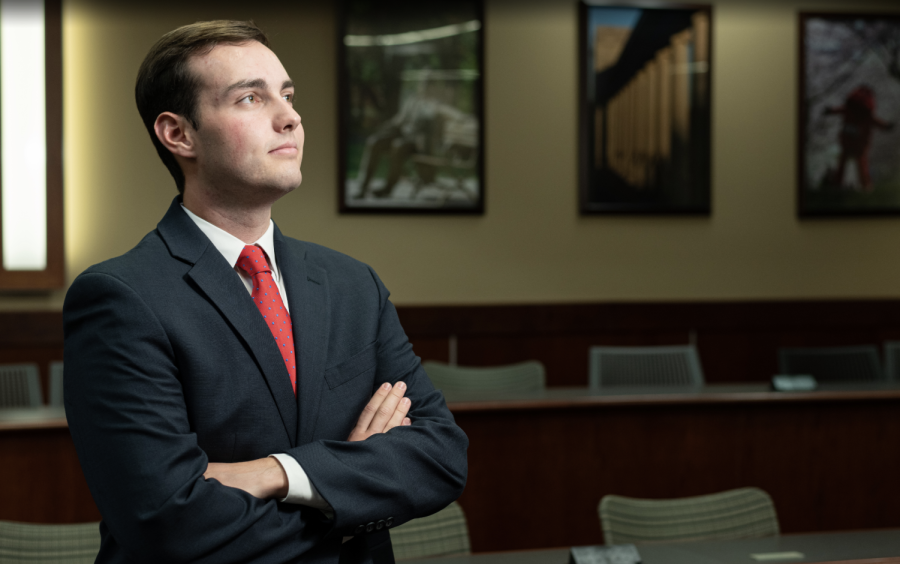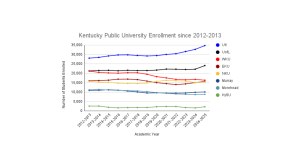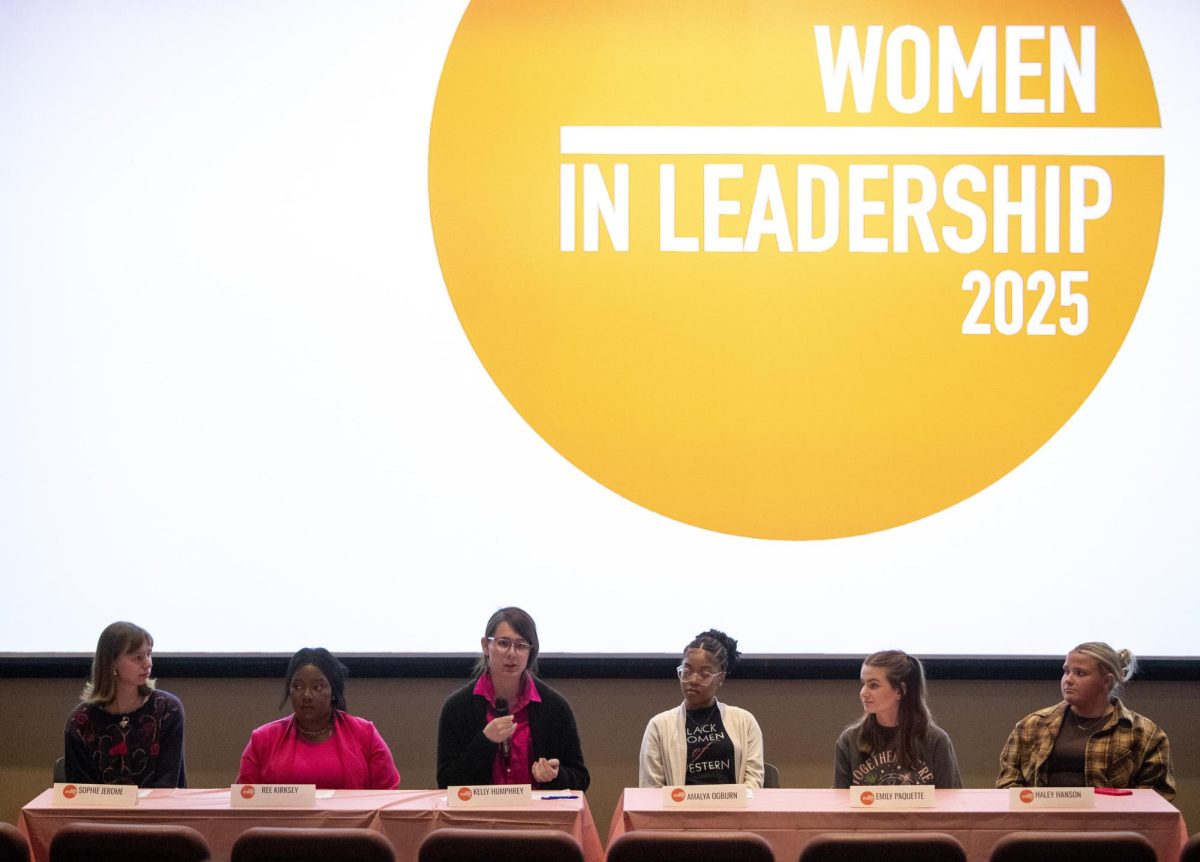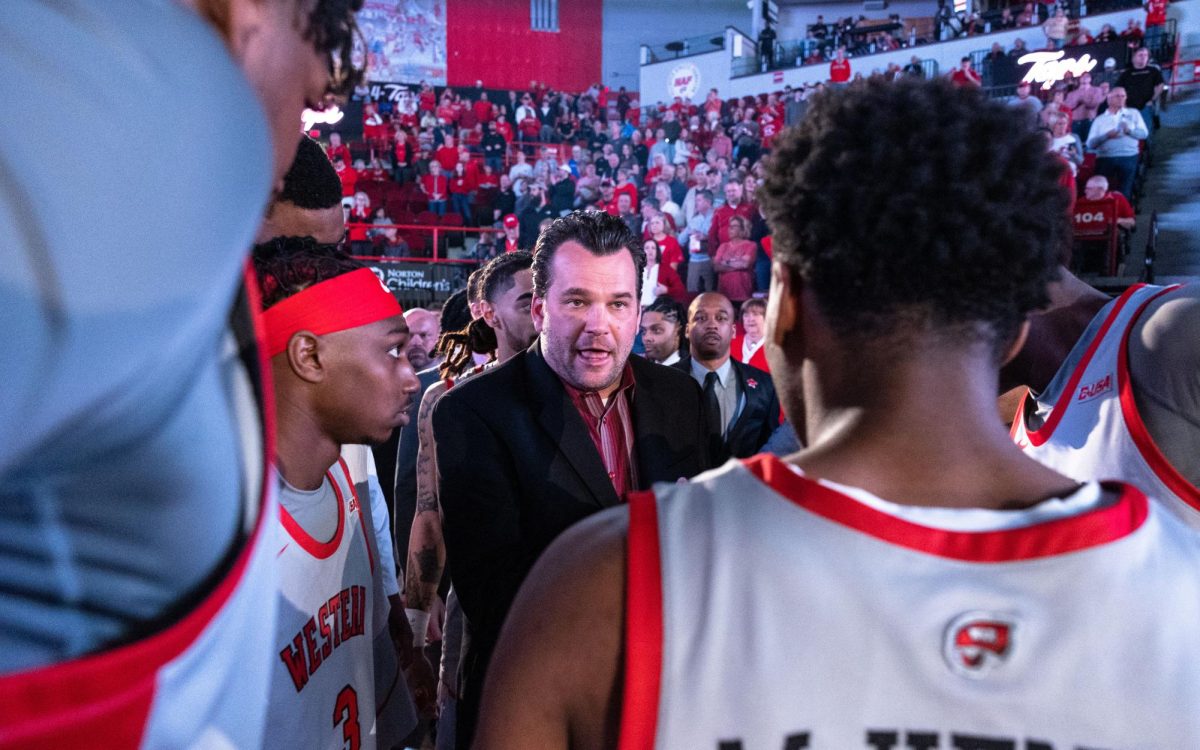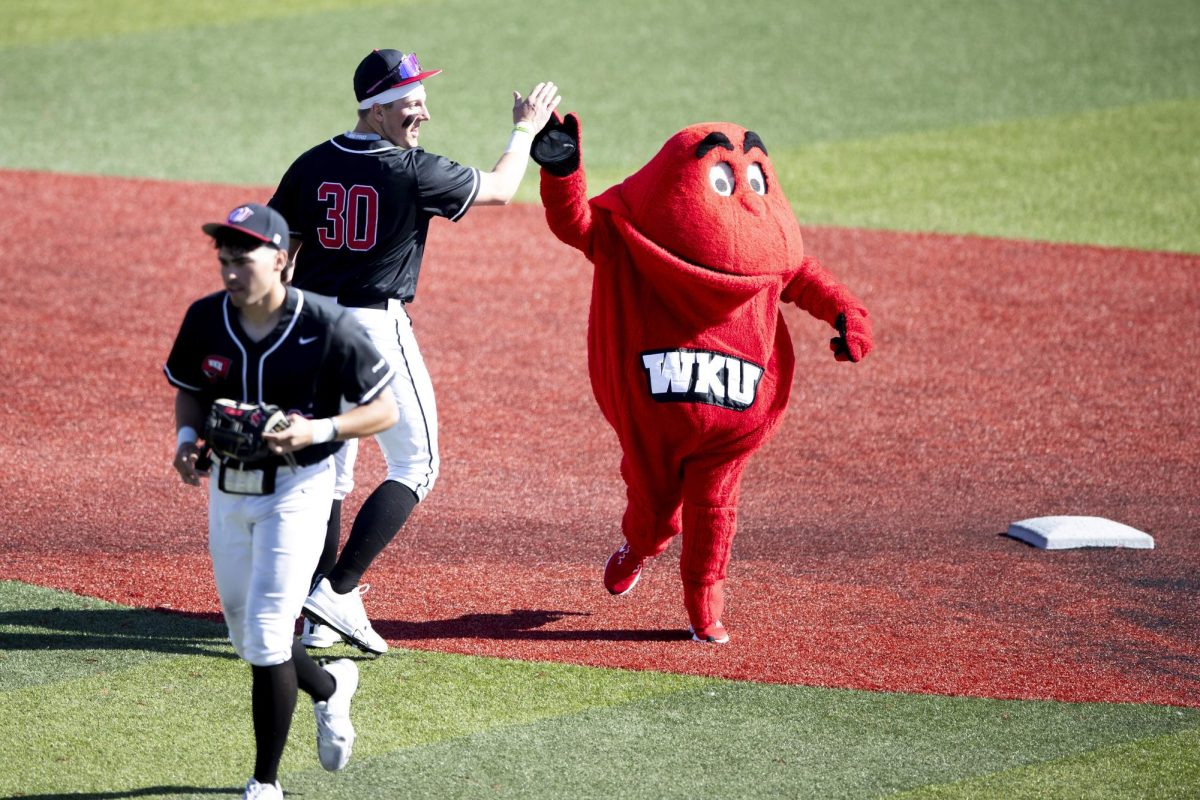The making of an SGA president
This story originally appeared in the Herald’s homecoming news magazine edition, published on Oct. 24.
Western Kentucky University Student Government Association President and Student Regent Cole Bornefeld poses for portraits in the SGA chambers in Downing Student Union on Oct. 5, 2022. Bornefeld, 22, is a senior double-major in public relations and political science who hails from Hendersonville, Tenn.
October 31, 2022
WKU’s Student Government Association has seen decades of change since its inception as the “Associated Students of Western Kentucky University” in 1966.
“While the structure may have changed throughout the years, the fundamental principle for SGA to be a voice for the students has remained unphased,” Donald Smith, former SGA president from 1993-94 and president of the College Heights Foundation, said.
It is also clear that SGA’s continued growth contributes to the climate of the university at large.
“If SGA is improving over time, then the WKU experience is improving as well,” Smith said.
Charley Pride, director of student activities, has witnessed 30 different SGA presidents in his time at WKU. Pride said that each president will face different challenges, but most of them have played to their strengths to overcome them.
“Each year is different. Each president and group has a different focus and faces different challenges,” Pride said. “Most [presidents] play to their strengths, whether it be the personality, the organizer, the mediator or the idea person.”
Both Pride and Smith agree that it is important for a leader to be in the moment. “I don’t think you can be focused or worried about a legacy and still continue to lead the organization or make the necessary decisions you have to on a daily basis,” Smith said.
Pride does not see this as an issue for current SGA President Cole Bornefeld.
“Cole is a steady influence who is hands-on and present,” Pride said. “I mean that. I see him in the office, on campus and out representing SGA.”
Bornefeld is currently a senior on the Hill. Before his time as president, Bornefeld served as a senator-at-large, nominated by former SGA President Matthew Wininger.
Bornefeld transferred from Volunteer State Community College to WKU during his junior year, and immediately emailed Wininger as he knew he wanted to partake in student government.
“I emailed [Wininger] the first week I was here on the Hill. I asked him if there was an appointment or way I could get involved, and he told me that he’d meet with me,” Bornefeld said. “He ended up appointing me in that first meeting, and that’s how I got involved. I really just fell in love with it.”
Bornefeld transferred to WKU because his community college only offered an associate’s degree. Bornefeld also knew the school a bit before transferring thanks to his brother.
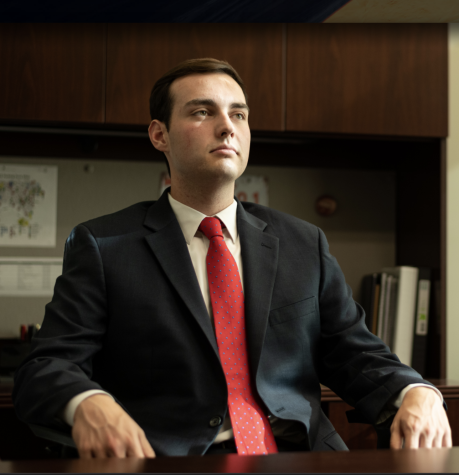
“My brother graduated from WKU in 2020, so I was familiar with the campus from the football and basketball games I had attended,” Bornefeld said.
At first, Bornefeld had not planned on running for president. However, with encouragement from his SGA peers, he agreed to file to run.
“I had several students and senators reaching out saying ‘will you please run,’” Bornefeld said. “We formed a ticket the week of the filing deadline and ran with it, and I never anticipated that we would win just because I had come in as a transfer student and didn’t know as many people as the competition.”
Bornefeld ran on platforms he supported as a senator, such as the “Share-A-Swipe” program he helped implement so students could donate extra meal swipes to fight food insecurity on campus.
Additionally, he ran on increasing WKU’s scholarship budget, which is something he has actively been able to do.
“This year we increased our scholarship budget by $3,500, and we are hopefully going to be able to increase that even more with partnerships through alumni,” Bornefeld said.
Since Bornefeld did not anticipate winning the presidency, it was an even more exciting moment for him when his name was called on election night.
“It was really just something special that we were able to win,” Bornefeld said.
Despite being a recent transfer student, Bornefeld said he never faced any criticism for it.
“I don’t think being a transfer student is a question that anyone has ever brought up, it’s about who is going to put the most passion and hard work into the role,” Bornefeld said.
Going from senator-at-large to president so quickly, Bornefeld experienced a bit of a learning curve.
“People kept asking, ‘how are you doing?’ and I’m like, ‘I’m doing great but it feels like I’m drinking out of a fire hose,’” Bornefeld said. “I’ve really been able to rely on former student body presidents. I seek their advice weekly.”
In his role as SGA president, Bornefeld believes he has grown as a leader as he has adjusted to the presidency.
“This is definitely the largest responsibility and leadership role I’ve ever held. It’s been a lot of learning so far, but I also feel like I’ve been able to grow as well as a person,” Bornefeld said. “In this position, it’s a lot of trial and error, but it’s helpful to have a strong team around you.”
When asked what advice he would give to students who want to make a change in their community and the world, Bornefeld encouraged students to try to get involved the most they can.
“A lot of times, it’s just sending that email, just trying to get involved,” Bornefeld said. “It might be intimidating, and you may think ‘oh, I’m not going to be able to make a change’, but you never know if you don’t try.”
SGA reporter Bailey Reed can be reached at bailey.reed704@topper.wku.edu.



